May 7, 2024 | 19:39 GMT +7
May 7, 2024 | 19:39 GMT +7
Hotline: 0913.378.918
May 7, 2024 | 19:39 GMT +7
Hotline: 0913.378.918
The Netherlands is Europe's largest agricultural import gateway. In 2021, the total value of Dutch agricultural imports reached $87 billion (up by 5.5% compared to 2020). The total value of Vietnam's agricultural exports to the Netherlands reached nearly 900 million USD, up by 4% compared to 2020 (having reached 1 billion USD in 2017).
Products such as Vietnamese rice, coffee, seafood, wooden furniture, bamboo and rattan... have been popular, imported in large quantities to the Netherlands and Europe, with potential to develop strongly in the near future.
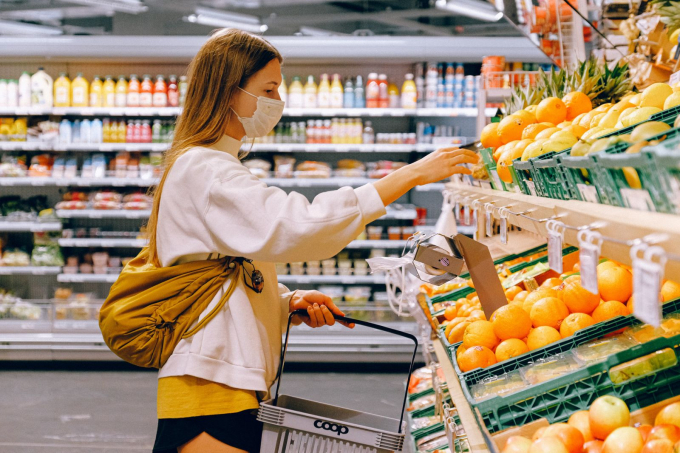
Many Vietnamese agricultural products are favored and imported in large quantities to the Netherlands in particular and Europe in general. Photo: TL.
However, among the agricultural products that Dutch imported in large quantities, there are no Vietnamese-branded products, while Vietnam has complete strengths in these products.
According to statistics in 2021, the Netherlands import of purple sweet potatoes reached USD 158 million; seasoning, soy sauce reached nearly 600 million USD…
Additionally, businesses that import agricultural products owned by Vietnamese people account for a very small percentage. Over 90% of Vietnam's agricultural products are imported into the Netherlands through official channels or through large companies owned by the Dutch, a small part is imported through unofficial channels to serve individual consumption. However, when the EVFTA was signed, the small-traffic channel was almost wiped out.
Currently, Vietnamese agricultural products are imported into the Netherlands and Europe with the brand "made in Vietnam" and are mostly sold in markets for Asians. While these markets account for less than 4% of the population of the Netherlands, 1% of the population of Europe, and this market segment is very narrow, with many big competitors such as China, Thailand, India ...
For the Dutch, Vietnamese food is one of the healthy culinary options with many "superfoods" such as white sesame, black sesame, goji berry, sweet potato, macadamia nut, dragon fruit, guava, etc.
However, it is not easy to purchase these agricultural products because they are only sold in supermarket chains for Asians, very limited in popular supermarkets.
Another fact that we need to look at more honestly and responsibly is that raw Vietnamese goods exported to the Netherlands can enter the popular supermarkets for the majority of the Dutch people through retailers.
However, this is a disadvantage for Vietnamese agricultural products when the product captures the market share, the role of its creator is not mentioned, the original Vietnamese product takes on a another name unrelated to Vietnam…
In my opinion, this has great consequences in the long run, because when a pure Vietnamese product with a Vietnamese brand enters the European market, it must compete with the quality of the products created by Vietnamese but distributed by other units. While these units with their potential invested in design, packaging, advertising, etc. are very professional, making it harder for Vietnamese products to compete.
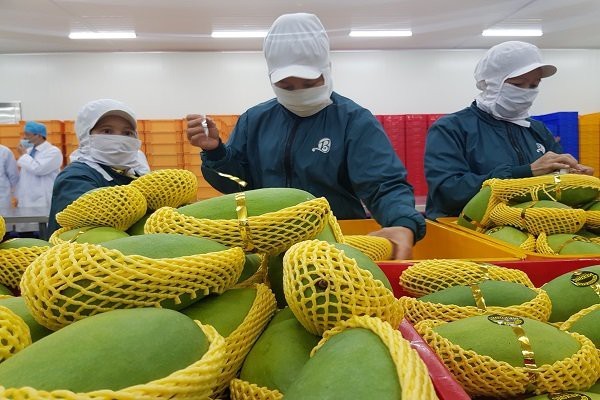
Many Vietnamese agricultural products have their trademarks "stolen" because we only export raw materials. Photo: TL.
In addition, the weakness of Vietnamese businesses currently is that they are too focused on producing raw products for export, while forgetting to invest methodically in increasing the value of that product.
Therefore, in the future, Vietnamese manufacturing businesses should focus on building a clear operation plan to invest and intergrate deeply into the Dutch market in particular and Europe in general with its strong agricultural products.
Currently, many famous European chefs often claim "Vietnam is a kitchen of the world" due to our variety and quality of agricultural products. Therefore, Vietnamese businesses need to take advantage of this, allocate appropriate investments for branding, commercial development, and bringing their agricultural products to the European market.
“In my opinion, in order to develop strongly, Vietnamese exporters need to grasp every opportunity. Specifically, the direct export of raw agricultural products in large quantities or through intermediary channels should still be maintained and considered as a pillar to gradually approach the Netherlands and EU markets.
The "rules of the game" of these markets are quite simple, as long as businesses are straightforward, based on value, authenticity instead of tricks, roundabouts... they can succeed.
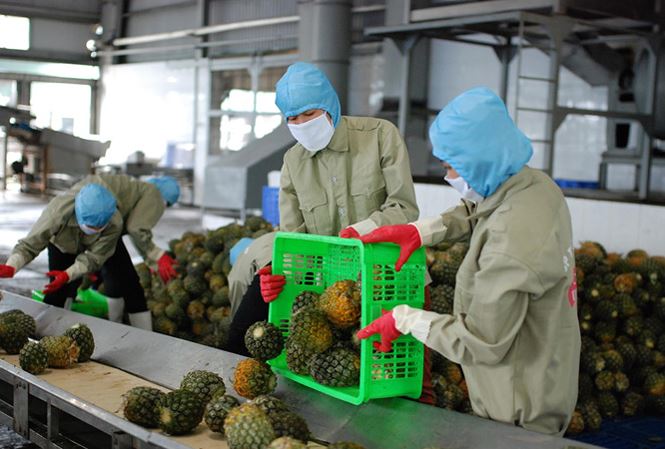
To develop strongly in the European market, businesses need to operate honestly, invest methodically to increase the value of their products... Photo: TL.
The Dutch and European market have great potential that Vietnam's agricultural export businesses should aim for. A typical example is that the total value of Vietnam's coffee exports to the Dutch market in 2021 is about 18 million USD. However, if compared with the Dutch people's coffee consumption level of 900 million USD, this figure is not significant.
In my opinion, "made in Vietnam" coffee reaching the shelves of major supermarket chains in Europe is the goal that we need to aim for. More importantly, businesses can directly manage this market, interacting directly with consumers. From there, develop the most suitable product, avoiding manipulation by the intermediary chain.”
Currently, Vietnam has high-quality products, the problem is that it needs investment in commercial development to break out of domination and manipulation when producing and exporting raw products.…
One information that Vietnamese businesses can refer to is that VIEC Company in the Netherlands is ready to act as a commercial representative, a direct connection between manufacturing businesses in Vietnam and the supermarket chain system, large import agent in the Netherlands. Reducing and removing elements that do not increase the value of the product, ensuring that all links in the chain receive the highest profit, increasing the value of the product. From there, opening up the opportunity to bring products from Vietnam directly into the Dutch market…
Translated by Nguyen Hai Long - Linh Linh
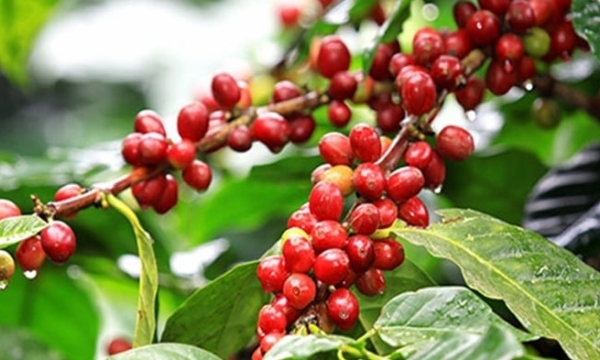
(VAN) In 2024, Vietnam exported 756,000 tons of coffee, worth $ 2.57 billion, up 5.4% in volume and 57.9% in value over the same period last year.
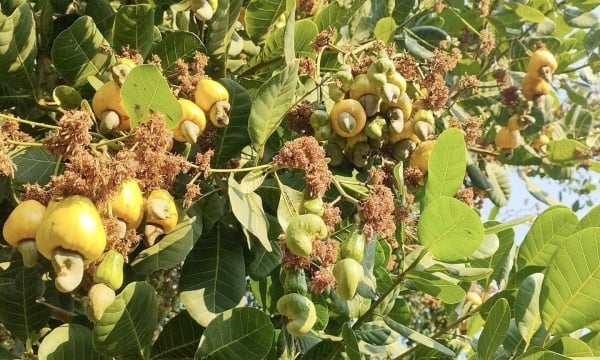
(VAN) With China's increasing demand, Vietnam boosts exports and wants to bring cashew nuts deeper into this market.
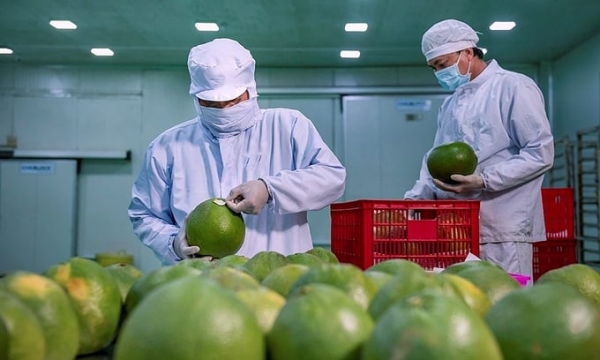
(VAN) Australia is set to import fresh pomelos, under the condition that Vietnam meets biosecurity standards and implement appropriate risk mitigation measures.
/2024/05/04/2957-3-182641_611.jpg)
(VAN) More than 500 international buyers registered for trade connections, finding sources of agricultural products, food, wooden furniture, etc. at the Vietnamese Typical Goods Fair 2024.
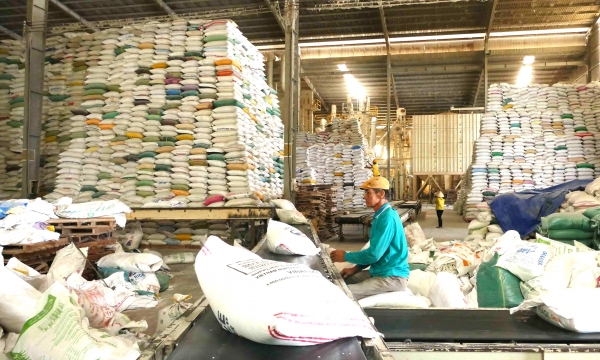
(VAN) Enterprises and localities need further information on market orientation, analysis, market demands, and pricing in order to effectively plan their rice export strategy in the near future.
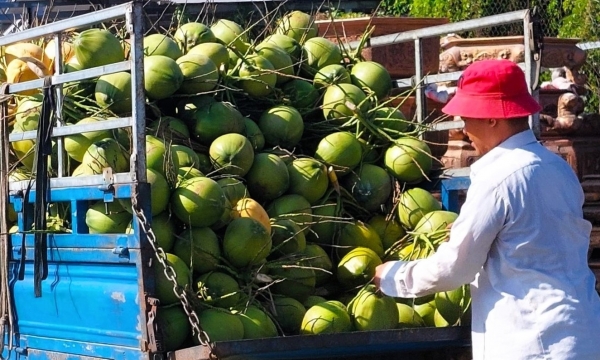
(VAN) Ben Tre strives to reach 20,000 hectares of organic coconut in the whole province by 2025 and promotes fresh coconut exports to the US market.
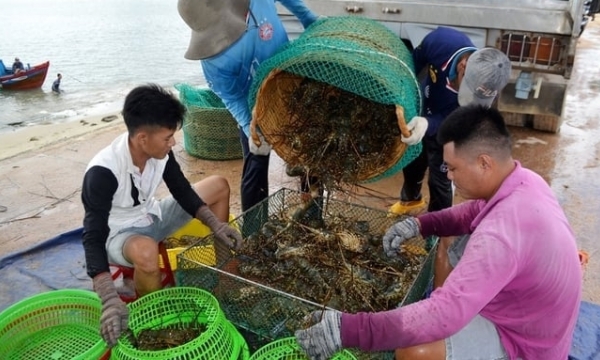
(VAN) Enterprises, cooperatives, and shrimp farmers in Phu Yen are supported and guided towards exporting lobsters through official channels to China.